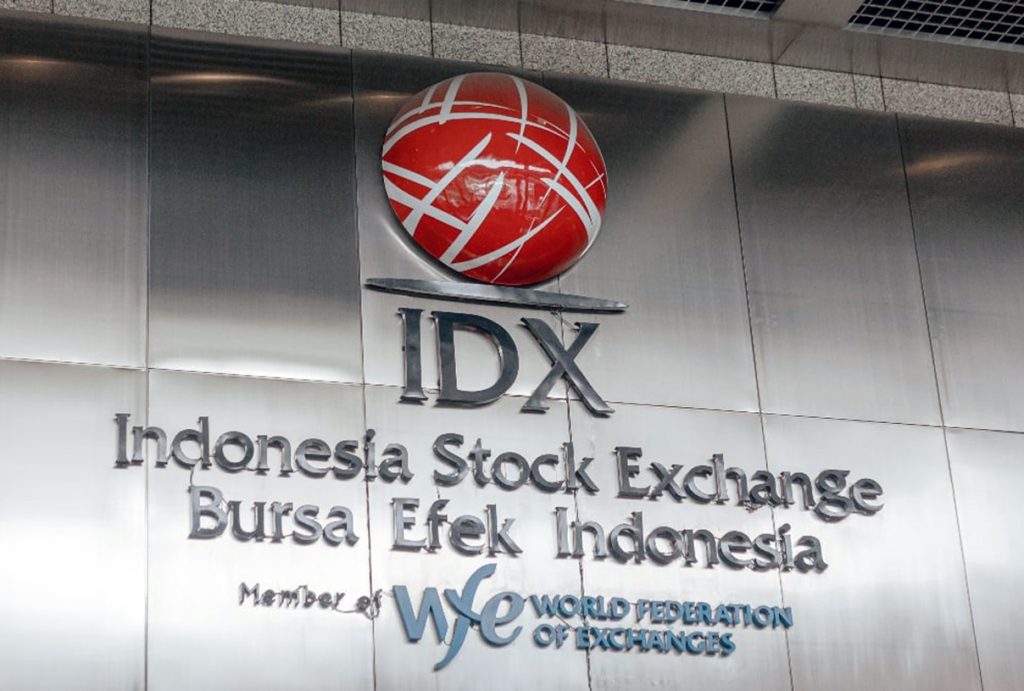
Capital market crimes and violations pose significant risks to businesses, investors, and the overall integrity of Indonesia’s financial ecosystem. From insider trading and market manipulation to cyber-enabled fraud, these illicit activities can lead to severe financial, legal, and reputational consequences. For companies operating in the capital market, the legal division plays a critical role in preventing such violations and effectively handling incidents when they occur. This article explores the implications of capital market crimes, outlines actionable steps for prevention and response, and examines the relationship between these violations and Indonesia’s regulatory framework.
Understanding Capital Market Crimes and Their Implications
Capital market crimes encompass a wide range of illegal activities, including:
- Insider Trading: Using non-public information to gain an unfair advantage in trading.
- Market Manipulation: Artificially inflating or deflating stock prices through schemes like spoofing or pump-and-dump.
- Fraud: Misrepresenting financial information or engaging in deceptive practices to mislead investors.
- Cyber-Enabled Crimes: Hacking trading platforms, stealing sensitive data, or conducting phishing attacks to manipulate transactions.
The implications of these crimes are far-reaching:
- Financial Losses: Companies may face direct financial losses, regulatory fines, and litigation costs.
- Reputational Damage: Involvement in capital market crimes can erode investor trust and damage a company’s brand.
- Legal Consequences: Violations can lead to criminal charges, civil lawsuits, and penalties under Indonesia’s capital market and cybersecurity laws.
What Can the Company’s Legal Division Do as Prevention?
Preventing capital market crimes requires a proactive approach from the legal division. Here are key steps to mitigate risks:
- Develop and Enforce Compliance Policies
• Create comprehensive policies that outline acceptable practices and prohibit insider trading, market manipulation, and fraud.
• Ensure all employees, especially those in trading and finance roles, are trained on these policies. - Conduct Regular Audits and Risk Assessments
• Perform internal audits to identify potential vulnerabilities in trading activities and data management.
• Use risk assessments to evaluate the effectiveness of existing controls and address gaps. - Implement Robust Cybersecurity Measures
• Collaborate with IT and cybersecurity teams to protect trading platforms and sensitive data from cyber threats.
• Ensure compliance with Indonesia’s Electronic Information and Transactions Law and OJK cybersecurity regulations. - Monitor Trading Activities
• Use advanced analytics and AI-driven tools to detect suspicious trading patterns that may indicate insider trading or market manipulation. - Stay Updated on Regulatory Changes
• Monitor updates to Indonesia’s capital market laws, such as the Capital Market Law (Law No. 8 of 1995) and the upcoming Personal Data Protection Law (PDP Law).
• Ensure the company’s practices align with the latest regulatory requirements.
Handling Capital Market Crimes If They Occur
Despite preventive measures, incidents may still occur. The legal division must be prepared to respond effectively:
- Investigate the Incident
• Conduct a thorough internal investigation to determine the scope and cause of the violation.
• Preserve evidence, such as trading records and communication logs, to support the investigation. - Report to Authorities
• Notify relevant authorities, such as the Financial Services Authority (OJK) and the National Cyber and Crypto Agency (BSSN), as required by law.
• Cooperate fully with regulatory investigations to demonstrate the company’s commitment to compliance. - Mitigate Damage
• Take immediate steps to stop the violation and prevent further harm, such as suspending suspicious accounts or transactions.
• Communicate transparently with stakeholders to maintain trust and credibility. - Review and Strengthen Controls
• Analyze the incident to identify weaknesses in existing policies and controls.
• Update compliance programs and cybersecurity measures to prevent future violations.
The Relationship Between Capital Market Crimes and Special Crimes
Capital market crimes often intersect with special crimes such as cyber fraud, data theft, and money laundering. For example:
- A hacker who gains unauthorized access to a trading platform to manipulate stock prices may also be guilty of cyber fraud under Indonesia’s Electronic Information and Transactions Law.
- Insider trading may involve the unauthorized use of personal data, potentially violating the upcoming PDP Law.
This overlap highlights the need for a coordinated approach to enforcement, involving agencies such as the OJK, BSSN, and law enforcement. The impact of these crimes extends beyond financial losses, affecting market stability and investor confidence.
Relevant Regulations and Laws in Indonesia
Indonesia’s legal framework provides a foundation for addressing capital market crimes and related violations:
- Capital Market Law (Law No. 8 of 1995)
• Prohibits insider trading, market manipulation, and fraud.
• The OJK oversees enforcement and imposes penalties for violations. - Electronic Information and Transactions Law (Law No. 11 of 2008, amended by Law No. 19 of 2016)
• Criminalizes unauthorized access to electronic systems, data theft, and cyber fraud. - Personal Data Protection Law (PDP Law)
• Expected to be enforced in 2024, this law will impose strict requirements on the handling of personal data, with significant penalties for breaches. - OJK Regulations on Cybersecurity
• Mandates that financial institutions and capital market participants implement cybersecurity measures to protect sensitive data and systems
What to Do Next
- Strengthen Internal Controls
• Review and update compliance policies, cybersecurity measures, and monitoring systems. - Engage Legal and Cybersecurity Experts
• Consult with professionals to ensure compliance with regulations and implement effective defense strategies. - Foster a Culture of Compliance
• Educate employees on the importance of ethical trading practices and cybersecurity awareness. - Prepare for Incidents
• Develop a clear incident response plan to ensure swift and effective handling of violations.
Conclusion
Capital market crimes and violations are a growing concern in Indonesia’s digital economy, requiring companies to adopt a proactive and comprehensive approach to prevention and response. By leveraging the expertise of the legal division, staying informed about regulatory requirements, and fostering a culture of compliance, businesses can protect themselves from the financial, legal, and reputational risks associated with these crimes.
For tailored guidance on navigating these challenges, consult with legal and cybersecurity experts to develop a robust risk management strategy.
When a client is suspected of committing violations in the capital market, a corporate lawyer like MAF & Partners Law Firm plays a critical role in navigating the legal complexities, protecting the client’s rights, and resolving the issue effectively.
Tags:
Banking, Finance and Investment
Capital Market and Securities
Criminal Defense and Investigation






